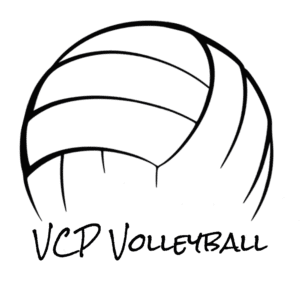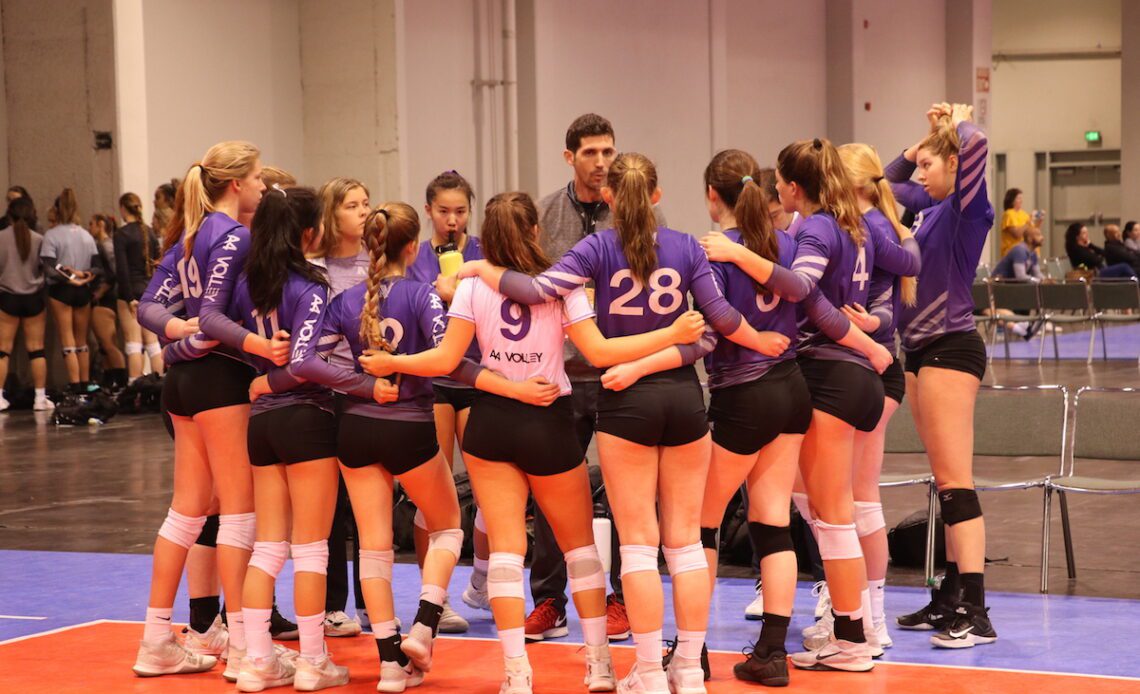While working as a counseling intern for the leading harm reduction facility here in the Greater Chicago area: Above and Beyond Family Recovery Center, I often referred to a quote that adorns a wall in one of our group-rooms from Hamlet (Act 2 Scene 2) that goes, “things are neither good nor bad, but thinking makes it so.” I often spoke to this sentiment with my clients who were challenged by deep shame and guilt regarding how their relationship with substances has affected their livelihood. It proved helpful to recognize the possibility of holding two competing truths at the same time: “I have done bad things” and “I’m doing the best that I can” as opposed to perpetually victimizing themselves and focusing solely on their negative experiences.
“Not Good, Nor Bad”
When working with coaches at practice, I often refer to how often we qualify practices on a spectrum of “good” to “bad”. The intention may be that we want to give our athletes a relative frame of reference for their performance during that session. However this often breeds a detriment-focused lens for our athletes who will then only evaluate themselves based upon what they are doing wrong. The opposing point of view could be a “strengths-based” lens in which we acknowledge the athletes right to self-determination and place emphasis on all the ways they are adapting and growing. In this way, we can also look at practice as both a collective set of experiences for the team and individual learning moments for each individual player.
The challenge is then for coaches to recognize there really isn’t ever a “bad” practice (nor then a ‘good’ one for that matter). There are only learning opportunities. In this sense, the “worst” practices offer the deepest learning opportunities for the team and individual athletes. This approach teaches athletes that no matter the outcome of their play, there are always intrapersonal, interpersonal, and team-based takeaways for every athlete during training and competition.
“It All Plays”
You may have noticed that your athletes consistently passed in a way that put the team out of system more times than not during training, rarely giving in-system chances during game-like drills. Often this prompts a debrief around their need for game-like and in-system reps in certain situations, or for them to focus on how “bad” their passing had been and how to fix it. Instead we could make the debrief around what the team learned…
Click Here to Read the Full Original Article at Junior Volleyball Association…

